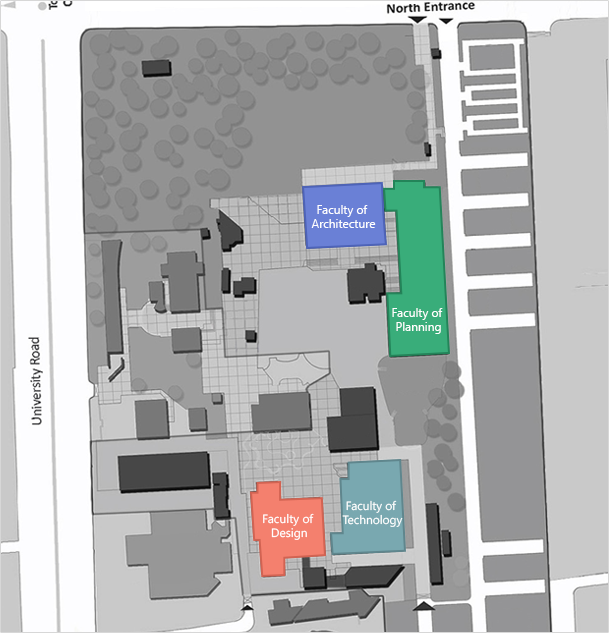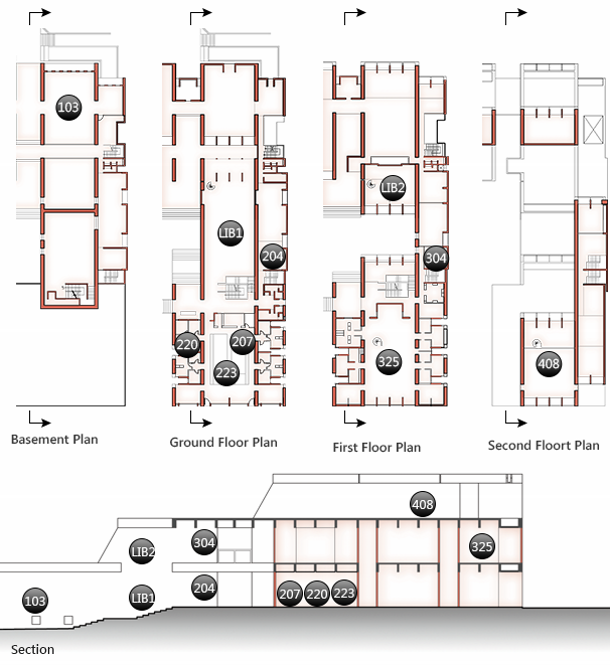A thermal comfort model is an approach to predict thermal comfort of humans in an indoor space. Predicted Mean Vote (PMV) based model was the first thermal comfort model developed by Fanger in 1970 based on heat balance of the human body dependent on physical parameters and human clothing and activity index.
Another approach to predict thermal comfort is by using an ‘adaptive’ model that has regard for variation in outdoor climate for determining indoor thermal preferences, this can be applied in air-conditioned as well as naturally ventilated buildings. It takes into account people’s perception of their environment change based on seasonal expectations of temperature and humidity as well as their capacity to control the conditions in a space.
Adaptive models of thermal comfort are implemented in various international standards such as ASHRAE Standard 55, European EN 15251 and ISO 7730 standard.
There has been a need for adaptive thermal comfort for India. The India Model for Adaptive (Thermal) Comfort Study (IMAC) has been developed by Centre for Advanced Research in Building Science and Energy (CARBSE) at CEPT University in India. This has helped develop a standard based on an India specific model which would provide design and operation guidance for air-conditioned buildings, naturally ventilated (NV) buildings and mixed mode buildings which are operated in AC and NV mode both. In order to predict thermal comfort within various buildings at CEPT University, CARBSE undertook thermal monitoring of buildings on CEPT campus over a period of one year from March 2015 to February 2016.
The team used state of art hand-held instruments to take measurements. It also installed GSM based Automated weather station to collect outdoor conditions.
Do you want to know the comfort level of Faculty blocks?


